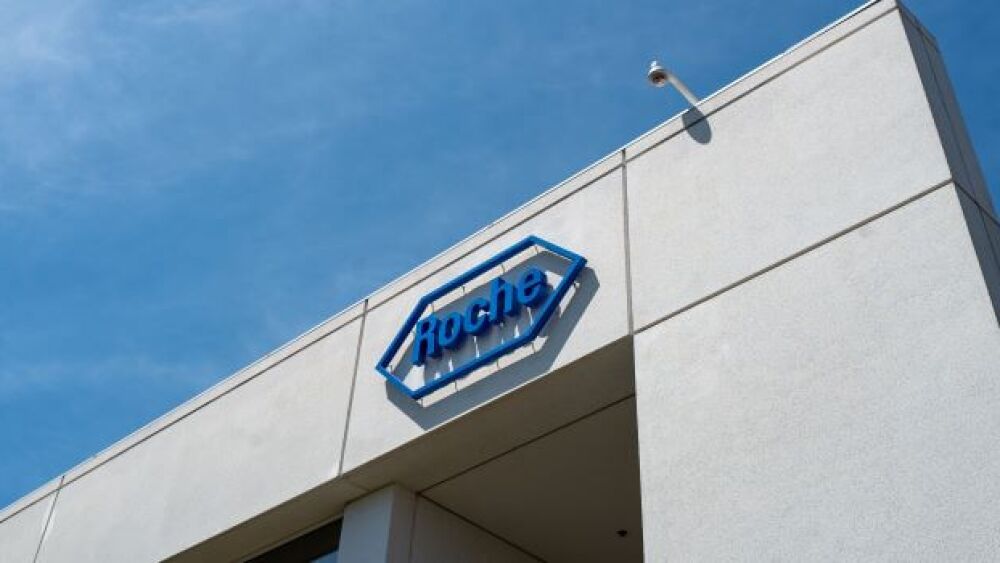Two months after closing its Series A financing round, KaliVir Immunotherapeutics forged an exclusive licensing and collaboration agreement with Roche.
Courtesy of Smith Collection/Gado via Getty Images
Two months after closing its Series A financing round, KaliVir Immunotherapeutics forged an exclusive licensing and collaboration agreement with Roche for the discovery and development of novel oncolytic vaccinia viruses derived from its oncolytic immunotherapy VET platform.
Pittsburgh-based KaliVir’s VET platform includes multiple genetic modifications that are able to be combined in order to generate a unique oncolytic virus that is optimized for systemic delivery and expression of therapeutic transgenes in the tumor. Oncolytic viruses can be used to stimulate a pro-inflammatory environment within a tumor and enhance antigen release and recognition.
Through this immune activation process, it’s believed the virus will counteract a tumor’s ability to evade the body’s immune response. According to the company, the VET platform is designed to enhance tumor-targeted replication, viral spread to metastatic tumors and viral spread within the tumor microenvironment. Founded in 2019, KaliVir notes on its website that its mission is to “ensure every cancer cell in patients can be killed with our viruses, and ultimately cure cancer in all cancer patients.”
Under the terms of the collaboration, KaliVir and Roche will work together to leverage the VET platform based on the genetically modified vaccinia virus to discover and develop novel oncolytic virus candidates. KaliVir noted that its VET platform can enhance the vaccinia viral backbone with the genetic modifications in order to maximize tumor killing, systemic delivery and spread that can be optimized to combine with a variety of therapeutic transgenes.
Helena Chaye, CEO of KaliVir, expressed excitement regarding the collaboration with the Swiss pharma giant and the opportunity to develop innovative treatments for cancer patients.
“Our VET platform is a powerful engine for identifying novel, innovative oncolytic immunotherapies, and we look forward to further expanding its potential and our broader discovery research capabilities through this discovery collaboration,” Chaye said in a statement.
James Sabry, global head of pharma partnering at Roche, also shared his excitement about the potential of the collaboration. He said KaliVir and its “promising VET platform” are an example of the “exciting, cutting-edge technologies” Roche seeks out in order to develop meaningful therapeutics for cancer patients.
Roche will have an exclusive license to develop assets that are developed through the collaboration. In return, KaliVir will receive an undisclosed upfront payment, as well as developmental and commercial milestones. If an asset receives regulatory approval, KaliVir will also be eligible for tiered royalties.
Roche isn’t the first big pharma company KaliVir has bagged. Two years ago, the company struck a partnership with Japanese pharma giant Astellas Pharma to develop VET2-L2, an intravenously administered oncolytic virus for immuno-oncology. VET2-L2 is being developed for metastatic tumors that are resistant to checkpoint inhibitors. The asset is expected to enter Phase I development soon, according to the KaliVir website.
The partnership with Astellas resulted in a $56 million upfront payment to KaliVir. The company is also eligible for milestone payments of up to $307 million. Additionally, Astellas could hand over another $271 million for a second VET-based asset, according to the terms of the deal.





